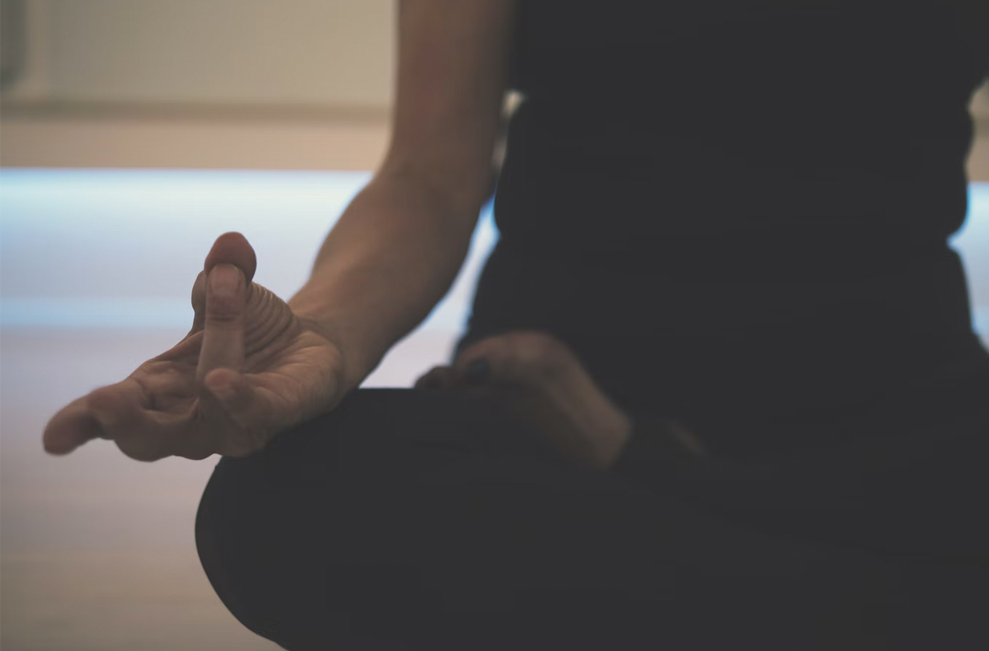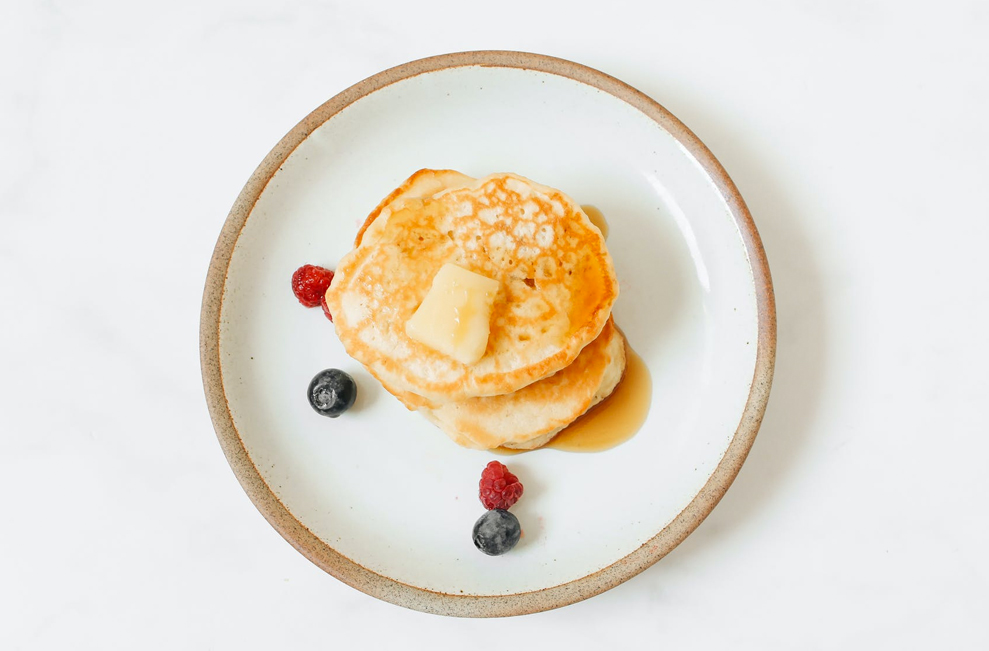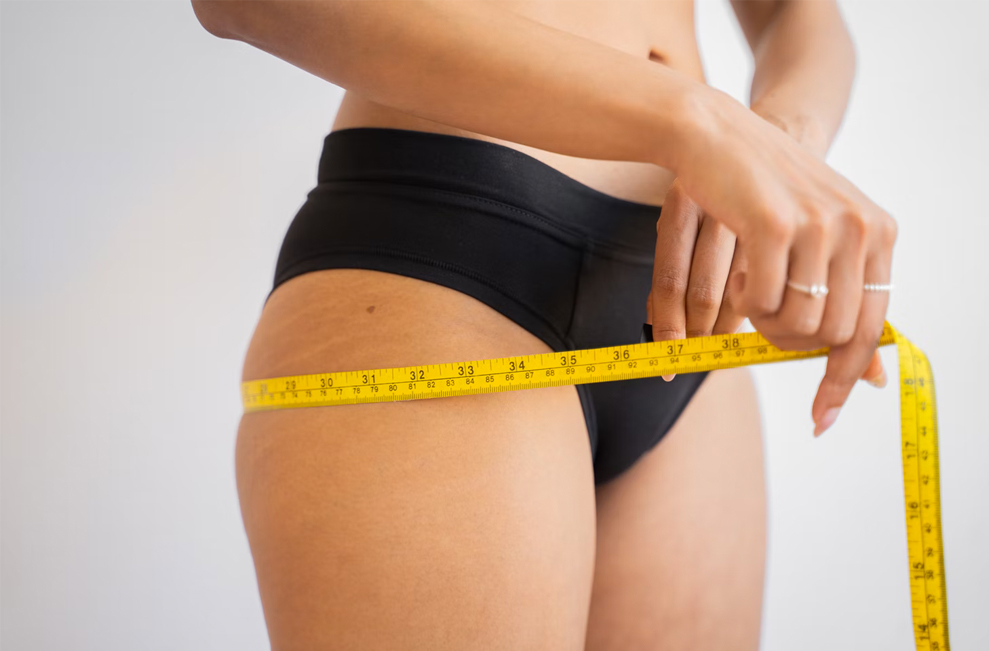The largest randomized, controlled, double-blind trial of psilocybin ever (from Compass Pathways) found that a single higher dose led to a rapid and long-lasting decrease in depression symptoms; patients given the highest dose (25 mg) had a significant decline in depression compared to those receiving a microdose of 1 mg. 29% of patients in the highest-dose group were free from depression three weeks after treatment (compared to 7.6% in the control group), and…





























































